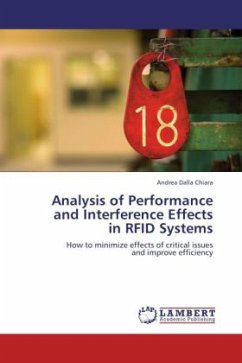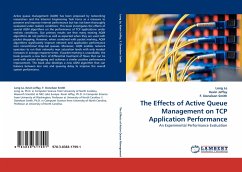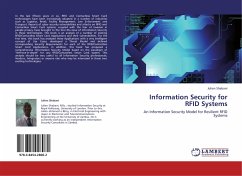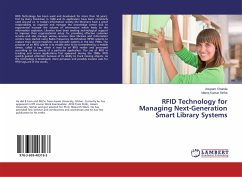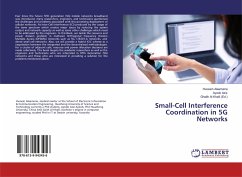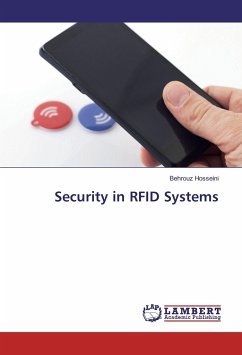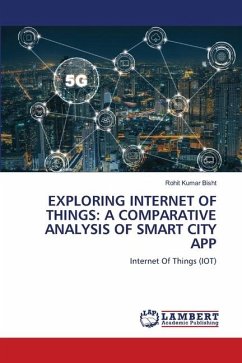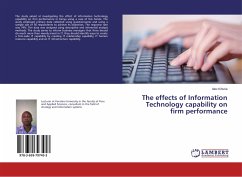Radio Frequency Identification (RFID) is a modern wireless communication technology used for identification purposes. It has recently become very popular in a number of application fields: logistics, retail, payments, tracking, avionics, health care, etc. The reasons of this growth can be found in the increasing reliability of systems, the need in modern industries for automation without manual interaction, and the decreasing costs of RFID infrastructures and tags. Based on long-range communication links, UHF systems actually represent the most promising technology, potentially suitable for thousands of applications in the already quoted fields. In order to regulate and speed this growth, the world s largest retailers and supply chain operators have defined the first worldwide UHF RFID technology standard: Electronic Product Code (EPC) Global standard. As expected, the standard has simplified and raised the development of UHF RFID applications, although a several critical issues are still open. In this book, RFID systems have been studied to understand their behavior in critical conditions, minimize effects and improve efficiency.
Bitte wählen Sie Ihr Anliegen aus.
Rechnungen
Retourenschein anfordern
Bestellstatus
Storno

